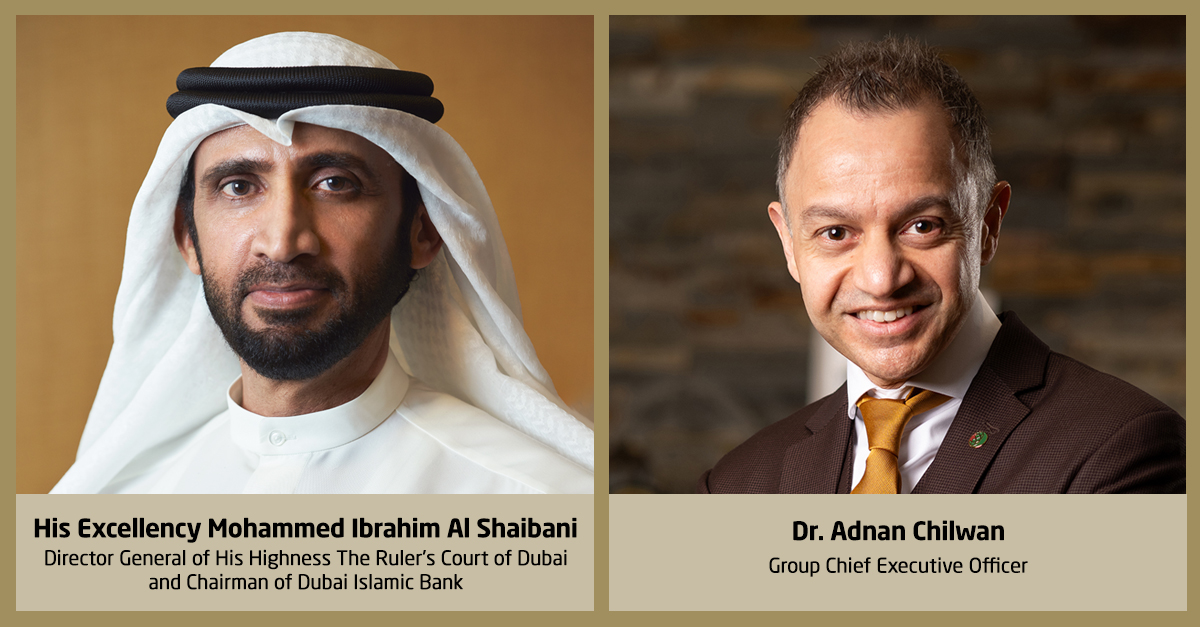


The first three months saw the bank deliver double-digit pretax earnings growth, significant asset quality improvement, and industry-first sustainability milestones
Dubai Islamic Bank (DFM: DIB), the world’s first full-service Sharia-compliant bank and the largest Islamic bank in the UAE, announced its results for the financial year ending March 31, 2025.
The Bank recorded a powerful start to the year, delivering AED 2.1 billion in group pre-tax profit – a 14% year-on-year increase – driven primarily by quality earning assets growth. Further, robust deposit mobilisation, led to the balance sheet expanding by 3% to AED 355 billion, reaffirming DIB’s strategic resilience and underscoring its growing influence in shaping the future of Islamic finance on the global stage.
Q1 2025 Highlights:
Management’s comments for the period ending 31st March 2025:
His Excellency Mohammed Ibrahim Al Shaibani, Director-General of His Highness The Ruler’s Court of Dubai and Chairman of Dubai Islamic Bank
Dr. Adnan Chilwan, Group Chief Executive Officer
Financial Review
Income statement summary

Balance Sheet Summary

Operating Performance
Balance Sheet Trends
Business Highlights (Q1 2025)
Other Key Highlights (Q1 2025)
Awards List (Q1 2025)

Dubai Islamic Bank Full Year 2024 Group Financial Results
DIB increases its stake to 25% in Digital Bank in Türkiye
Crypto.com inks Partnership with Dubai Islamic Bank
Dubai Islamic Bank Nine Month 2024 Group Financial Results
Dubai Islamic Bank Successfully Issues Additional Tier 1 Sukuk